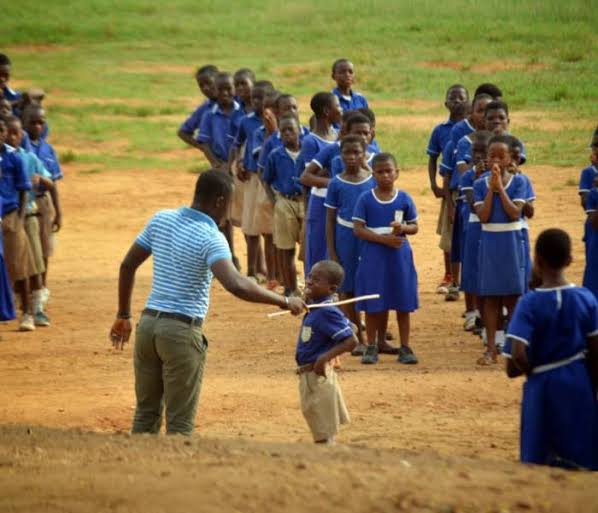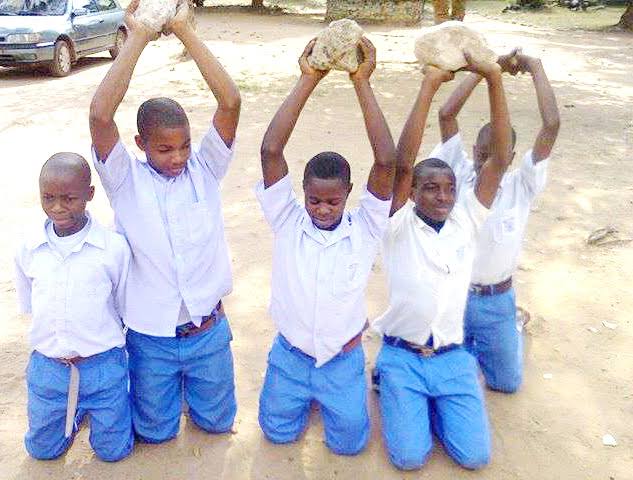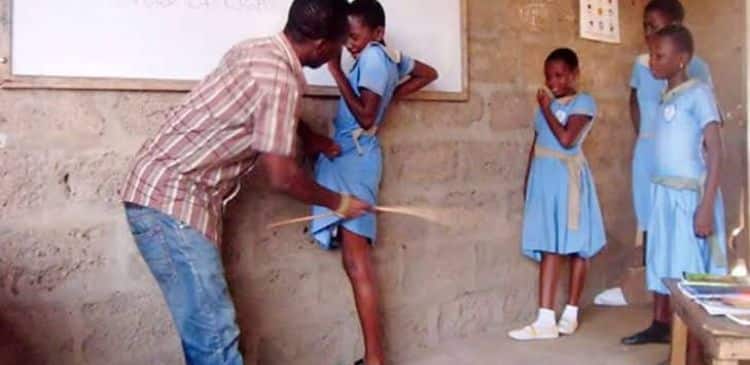The United Nations Children’s Fund, Unicef, reports that 85% of children between ages one and 14 in Nigeria, experience violent punishment, with nearly one in three, sustaining severe physical injuries.
This report takes a look at ending corporal punishment in schools and homes with recommendations on alternatives to violent discipline.
In 2001, the provisions of 1968 Education Act which permitted corporal punishment in Nigerian schools, were repealed by the National Assembly.
But the practice, inadvertently remained, until the 2009 revised Education Act, explicitly prohibited corporal purnishment in schools.
That notwithstanding, prohibition is still to be achieved in homes, alternative care settings, day care centres and most public schools.
Article 295 of the Criminal Code used in Southern Nigeria and article 55 of Penal Code in the North, as well as the Sharia Law arrogates the right of parents to use minimal force to correct their children.


Also read: Katsina Government partners UNICEF, launches N333m cash transfer programme
Child rights advocates however insist that corporal purnishment is unnecessary, no matter how light.
In the United States of America, about half of the states have abolished corporal purnishment. Many however believe the practice persists in a country like Nigeria, because there is a link between poverty and corporal punishment
But what alternatives are there to ensure certain discipline are instilled in children if there is danger for a parent or teacher physically punishing a child who commits an offence?
Although there are conferences and other programmes organised to discuss ending corporal purnishment in Nigeria, there is a strong appeal on authorities to have continuous refresher training of teachers to ensure that the dangers of corporal punishment sink deep into their consciousness.
(Editor: Terverr Tyav)








